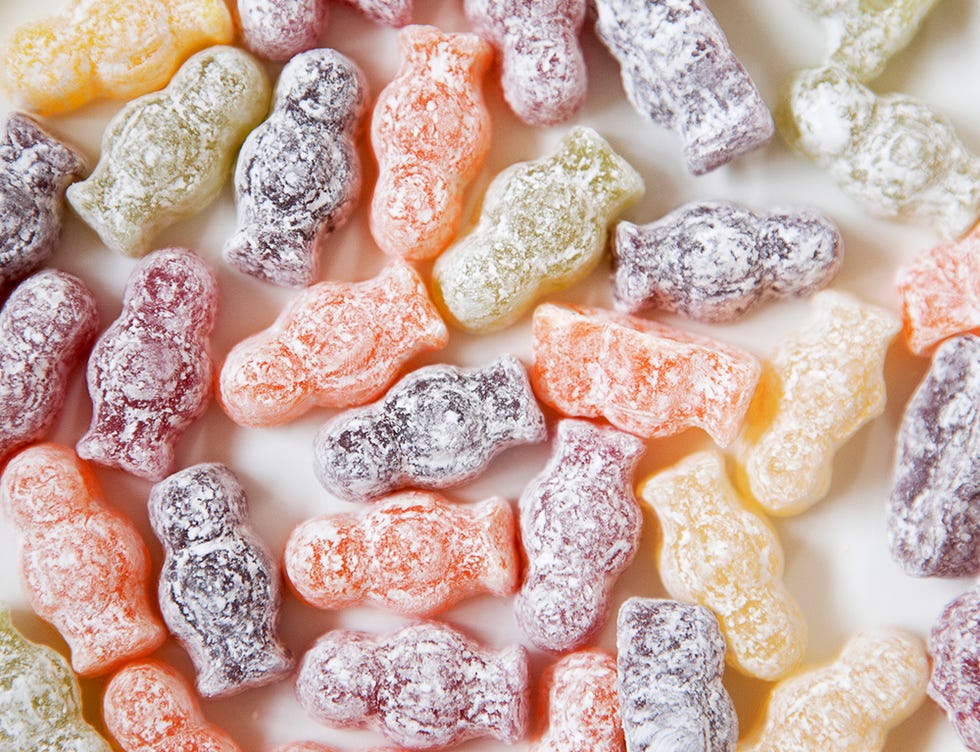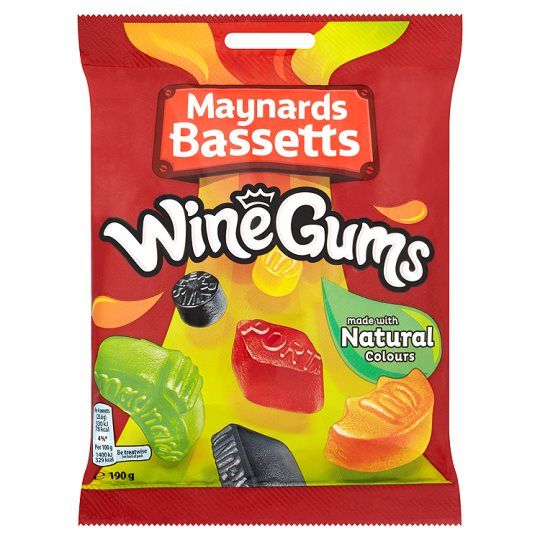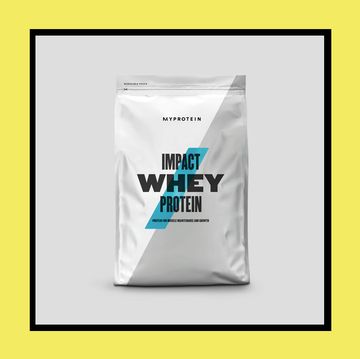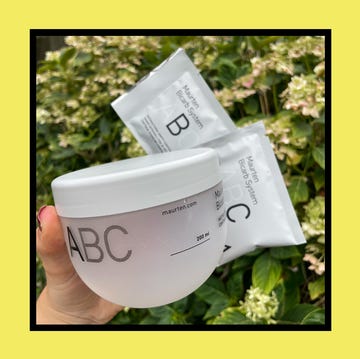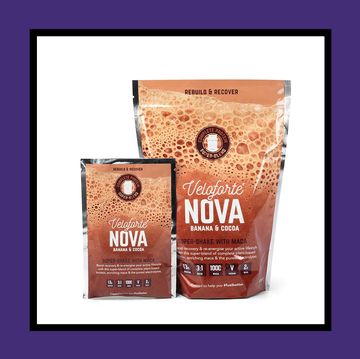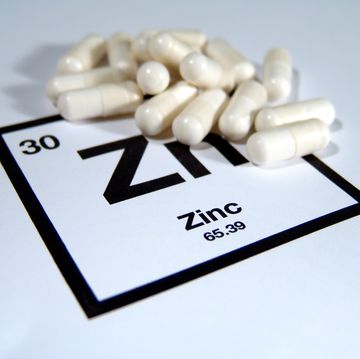If you skip sugar in longer events you won’t perform at your best. To maximise sugar’s performance benefits, follow these race-day rules.
1. Consume sugar in races lasting longer than one hour
Studies show that sugar boosts performance in events lasting as little as 60 minutes, even though such events aren’t long enough to deplete your carb stores. It appears that sugar does this by simulating the nervous system.
2. Take in even more in longer races
In very long events, your performance is limited by the depletion of carbs in the liver and muscles. While 30-60g of sugar or other fast-acting carbs will maximise performance in shorter races, runners can gain further performance benefits from taking in as much as 90g per hour in longer races.
3. Consume multiple types of sugar
It’s impossible to get 90g of carbs per hour from a sports drink. It’s too much fluid. So in longer events, combine sports drinks and a more concentrated source, such as energy gels. It’s also hard for the body to absorb 90g of a single type of carb in one hour. You need to consume a sugar such as glucose or fast-acting carb such as maltodextrin in combination with fructose in approximately a 2:1 ratio. The body processes fructose through a different metabolic channel to other sugars, so by combining multiple sugars you absorb sugar through two channels simultaneously.
4. Train your nutrition
According to Asker Jeukendrup, a visiting professor at Loughborough University who specialises in nutritional biochemistry, one of the reasons GI problems are common in races is that runners try to take in a lot more fluid and carbs during events than they do in training. ‘The gut is adaptable,’ he says. Get it used to taking in nutrition in long workouts and you’ll have a much lower risk of running into trouble on race day.
